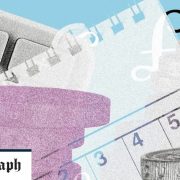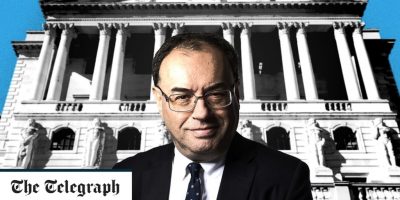Bonds were the best performing asset in August as investors flocked to safety amid political concerns in Britain, America and China.
Globally, bond prices rose by 1.7pc in the month, while global stocks fell by 1.9pc as tensions between Hong Kong and China increased. Further worries over the trade war between China and America also spooked investors.
In Britain, the situation was starker. Government bonds, known as gilts, returned 3.2pc in August, while the FTSE All Share index, which includes all listed companies, lost 3.5pc.
Bonds, particularly those issued by governments, tend to perform well when stock markets are falling. Investors buy these low-risk assets when stocks come under pressure, pushing their price up.
Bonds’ recent rise has been a surprise, as interest rates are near record low levels, meaning investors are being paid very little for lending to governments and companies.
This has been the case since the financial crisis, when central banks lowered interest rates in an attempt to revive stuttering economies. Rates have not recovered to pre-crisis levels, which has helped investors because rising interest rates would cause the price of bonds to fall.
David Jane of Miton, an asset manager, said he did not expect this to change and rates were likely to “remain lower for longer”.
In this environment, buying bonds has become a more specialised task. Rock-bottom yields mean that investors are not rewarded for holding bonds over the long term.
Instead, investors are turning to professional managers. Data from trade body the Investment Association shows that in July the most popular type of investment was the “strategic bond fund”. Such funds have the ability to invest not only in government bonds but in corporate bonds and high-yielding or “junk” debt too.
The best-performing fund in this sector over the past five years has been the £422m Sanlam Strategic Bond fund, managed by Craig Veysey.
Its return of 42.6pc is four percentage points better than that of the £2.1bn Royal London Sterling Extra Yield Bond fund, managed by Eric Holt. However, the latter is the best performer over the past decade, returning 199pc.
Other “safe haven” options are available. The gold price remains buoyant, meaning gold funds were the best performers in August after bonds. The best, MFM Junior Gold, gained 11.9pc over the month.
























Comments